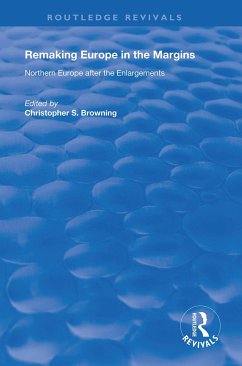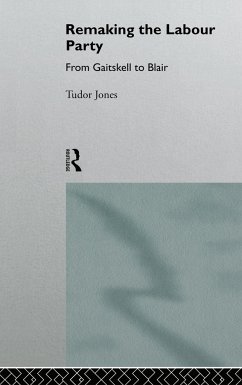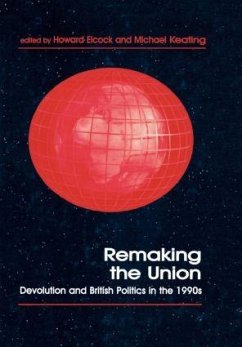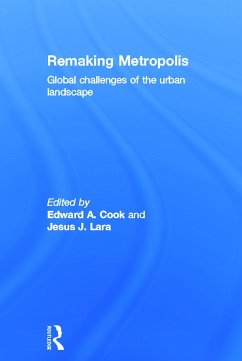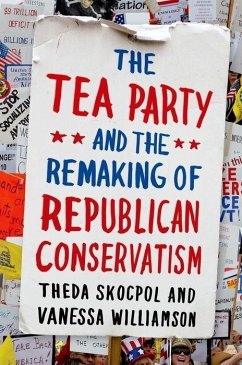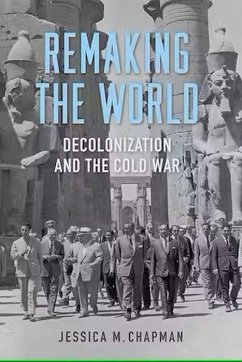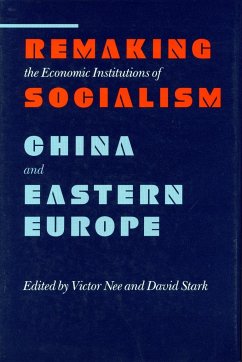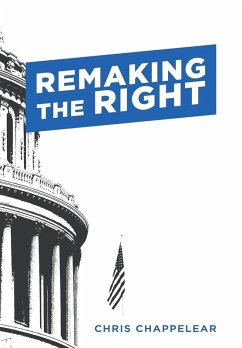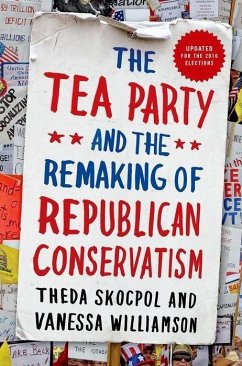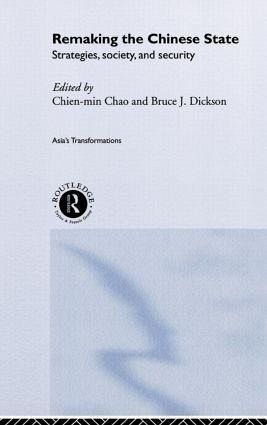
Remaking the Chinese State
Strategies, Society, and Security
Herausgeber: Chien-Min, Chao; Dickson, Bruce
Versandkostenfrei!
Versandfertig in 1-2 Wochen
113,99 €
inkl. MwSt.

PAYBACK Punkte
57 °P sammeln!
After more than twenty years of economic and political reform, China is a vastly different country than that left by Mao. Almost all the policies and practices of era have been abandoned, with the goals of revolution in foreign and domestic policy being replaced by an emphasis on economic modernization, radical social transformation and an increasingly significant international role. Yet, despite these dramatic changes, other fundamental features of China's policy remain unchanged. This book explores the strategies of reform in China and their implications for its domestic and foreign policies...
After more than twenty years of economic and political reform, China is a vastly different country than that left by Mao. Almost all the policies and practices of era have been abandoned, with the goals of revolution in foreign and domestic policy being replaced by an emphasis on economic modernization, radical social transformation and an increasingly significant international role. Yet, despite these dramatic changes, other fundamental features of China's policy remain unchanged. This book explores the strategies of reform in China and their implications for its domestic and foreign policies. It challenges the misconceptions that no political reforms are taking place and that China is eagerly embracing capitalism. It also challenges the view that China does not abide by international norms and practices on military and security matters.



